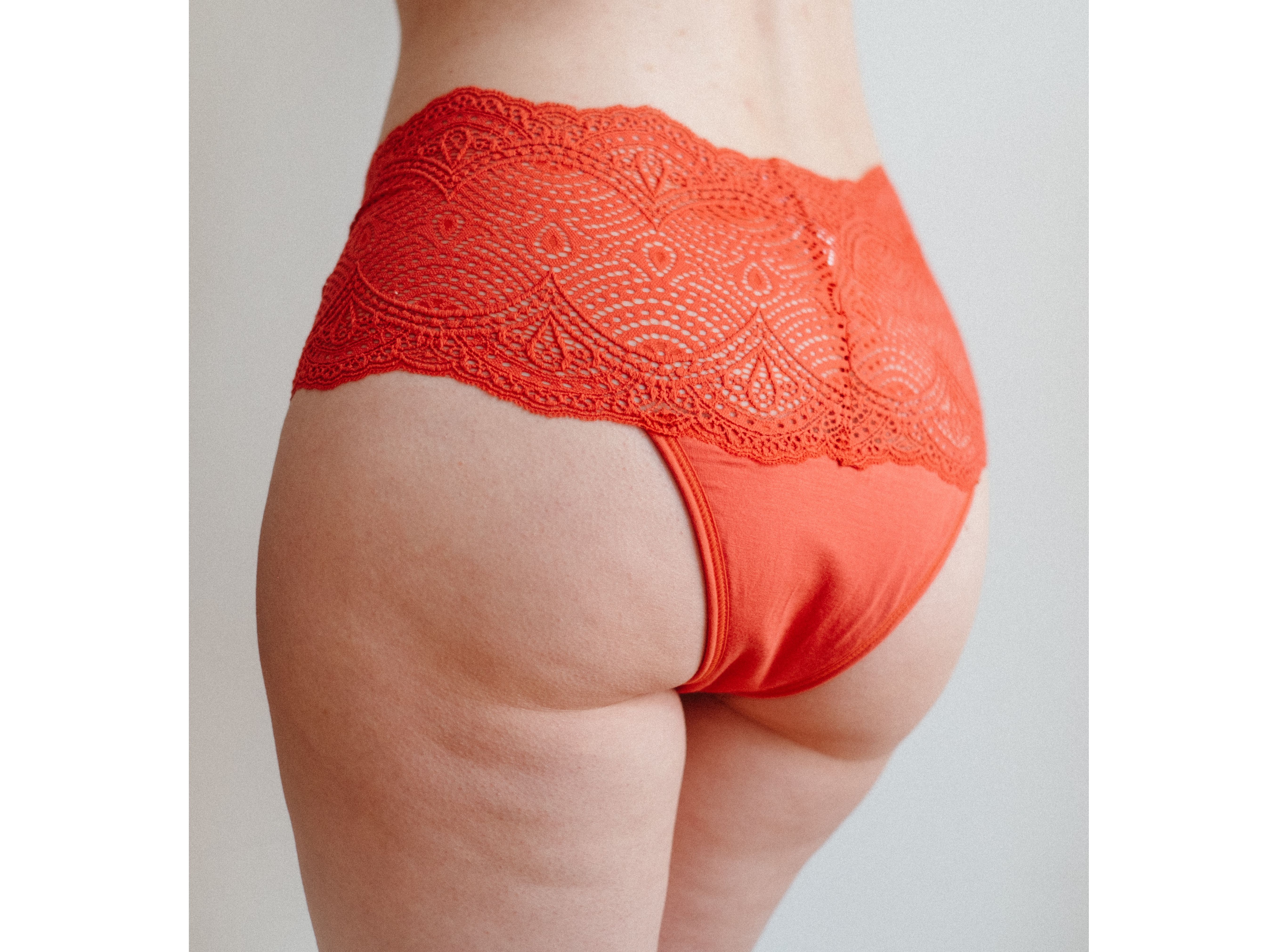Approved by curator

Added: Jul 15, 2022
Last edited: Apr 11, 2023
The Frugi Group has announced the launch of a new reusable period wear brand, NORA, with the goal of being a “movement for change” in the menstruation industry.
With over 21 years of experience in reusable products, NORA was created after discovering that on average 10 - 15,000 period products are used in a lifetime. Disposable products often end up in landfill, taking 500 years to decompose. And, on top of that, the manufacturing processes of these disposable products use chemicals like resins, binders and bleaching agents.
It is estimated by 2050, there will be more plastic in the ocean than fish. Single-use plastic is a huge problem because it can only be used once, and once discarded there are no natural ways for single use plastic to decompose. This means that it can last for hundreds of years.
NORA reusable period wear enables women to save money on the cost of disposables every month, by eliminating single use plastic ending up in landfill. NORA period wear has been created to last, our reusable period pads last up to 10 years and can be washed 150 times. Many disposable products contain known carcinogens, allergens, irritants and endocrine-disrupting chemicals. NORA reusables contain no nasty substances.
Manufactured in Nora’s Glasgow-based factory, products include reusable liners, pads, period cups and period pants, as well as single pads and ‘Try Me Kits’ that allow customers to try this alternative solution before committing.
All of NORA’s 100 percent waterproof products, each made from recycled materials, have gone through “rigorous sourcing and manufacturing processes”, the brand said in a release, as well as being Oeko-tex certified, meaning they contain no toxic chemicals.
Materials
Outer: 100% Recycled Polyester with PU Coating
Core: 100% Polyester
Inner: 53% Recycled Polyester 47% Polyester
With their reusable products, NORA hopes to appeal to the eco-minded, planet-friendly Gen Z consumer that is looking to reduce their contribution to waste going into landfills.
Photo taken by Monika Kozub on Unsplash


Prioritise regenerative resources [Textiles]
Regenerative materials [Textiles]
Non-critical materials and inputs [Textiles]
reusable
recycled polyester
no chemicals
period wear
